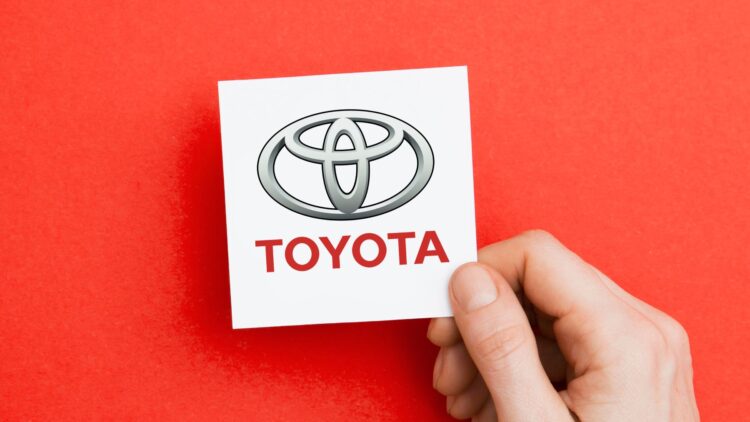Toyota is now dealing with another car recall, which not only affects their parent company, but also their subsidiary Lexus. Car recalls are quite common, but they are getting more and more worrisome as time goes by, as before a lot of recalls were because small manufacturing issues in a specific part, whereas now the issues can be a lot bigger and affect bigger components of the cars.
The two main vehicles that are affected by this recall are the Tundra pickup and the luxury Lexus LX, as they have an issue with their 3.4-liter twin-turbo V6 engines, specifically those built between November 2021 and February 2023. The issue is quite serious and was discovered thankfully because one of the affected vehicles went in for repairs because it stopped working and not because of an accident.
The Toyota and Lexus recall
While the issue is with the engine, there is no one specific part that has been affected, instead, there is some leftover debris from the engine manufacturing process that was not properly cleaned out before the engine was installed and is now, years later, impacting the life of these vehicles.
Having a clean engine as a car comes out of production is very important, as any leftover gunk can seriously affect the engine’s performance. In some cases, it might lead to knocking, poor running, loss of power, or even engines that refuse to start and in the worst case it could even lead to an accident if it is left unchecked and the engine dies unexpectedly in the middle of driving in a busy road.
As we have mentioned, the problem was caught before anyone was seriously hurt when a customer complained back in March 2022 that their vehicle had just stopped working, sparking an internal investigation that revealed 166 technical reports and 824 warranty claims tied to the same issue. The result of these reports and claims was deemed to be the same, metal debris left behind during engine assembly as the root cause.
Luckily Toyota is taking the issue quite seriously, and in May 2024 the company chose to formally inform the National Highway Traffic Safety Administration (NHTSA). This was done even before the exact number of affected vehicles was known, although their report stated that the company only believed that about 1% of the 102,092 units could have the defect.
Having said that, investigations have not revealed the full extent of the problem just yet, and as such, drivers that have bought one of these two models should be careful, especially if they notice any changes on how their car drives.
Despite not having found the full extent of the problem and the number of vehicles affected, Toyota has decided to stop trying to investigate ad just replace the affected engines on all the cars that could potentially have this problem. It is a huge undertaking, with around 98,600 Tundra trucks and roughly 3,500 Lexus LX SUVs being recalled and fitted for a new engine.
It is not just about the volume of cars that will need to be brought in for repairs, it is also the logistical nightmare of having to produce all these new engines, which considering the cost of parts nowadays due to inflation and the cost of labor due to the rise in cost of living expenses, will set back the company a lot of money that they cannot necessarily afford to lose.
Having said that, the company seems to be willing to spend the money in order to satisfy their customers and have them drive without worries. At this point, the recall only targets the non-hybrid versions of the twin-turbo V6 engine and notices will be sent soon enough, before the end of the month.

